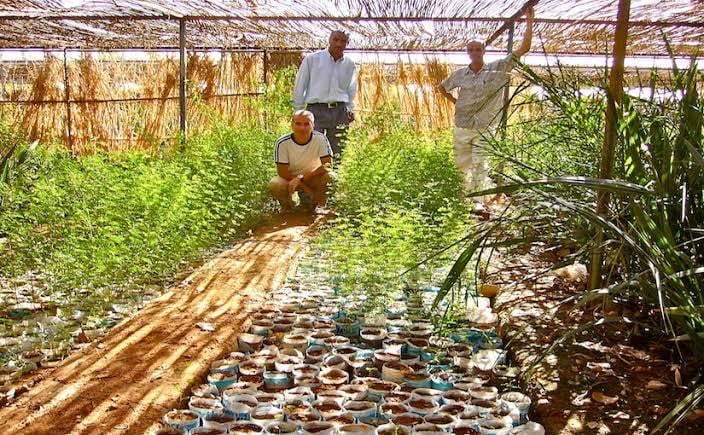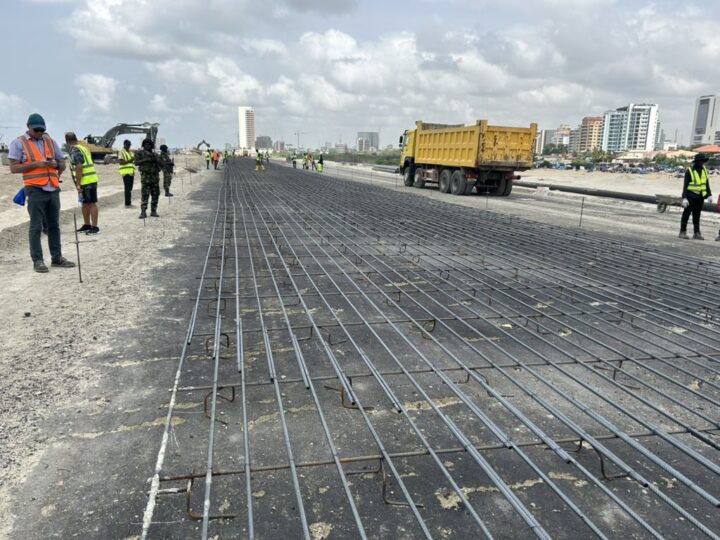The recent weeks have witnessed a resurgence of heart-warming efforts towards greening cities in northern Nigeria. Perhaps the combination of the hottest March in as many years as we could remember and the dehydrating throats owing to Ramadan fasting presented to us the rude awakening we deserved.
Needless to say, our people, over the years, displayed a colossal nonchalance to the needs of our environment. We indiscriminately fell trees without replacing them. Places like the ancient city of Kano which were adorned with the ornament of date palm trees lost them to unregulated urbanization. Our culture of neglecting town planning has also significantly contributed to the loss of our green spaces in Kano. We prefer corner shops. We prioritize our economic well-being at the expense of our biodiversity.
My heart bled when a friend told me the story of how Chinese manufacturers of insecticide, mosquito coil, are financing tree felling in our bushes and forests at industrial scales. Unfortunately, there has not been any attention either by the authorities in charge or the media to create awareness about this danger. But we all know that the pervasive culture of using charcoal for cooking is another danger that we face. Only the government can intervene here to provide the people with cheaper and more environmentally friendly alternatives.
Thus while commending everybody for creating awareness and even going to the extent of going to the field to plant a tree or two, taking this campaign to the level of collaboration with governments at different levels is key.
Advertisement
For instance, the Kano State Government has a role to play in making it a policy that every new settlement or layout must have a provision of green spaces. The government can also incorporate this in its urban renewal strategy by deliberately resetting communities in the overpopulated areas of our cities to create these green spaces. It’s not idealistic. It is a necessity. A situation where we rely on Kano Zoological Garden, Bayero University and perhaps Emir’s Palace as our buffer zones is not acceptable.
Thus, the imperative for greening our cities, particularly in northern Nigeria, cannot be overstated. The recent uptick in efforts is a positive sign, but it’s clear that much more needs to be done. The negligence towards our environment, exemplified by rampant deforestation and urbanization without regard for green spaces, has brought us to a critical juncture. Awareness campaigns and individual actions are commendable. Yet true progress will only be achieved through concerted collaboration between citizens and governments at all levels.
Advertisement
Views expressed by contributors are strictly personal and not of TheCable.
Add a comment







